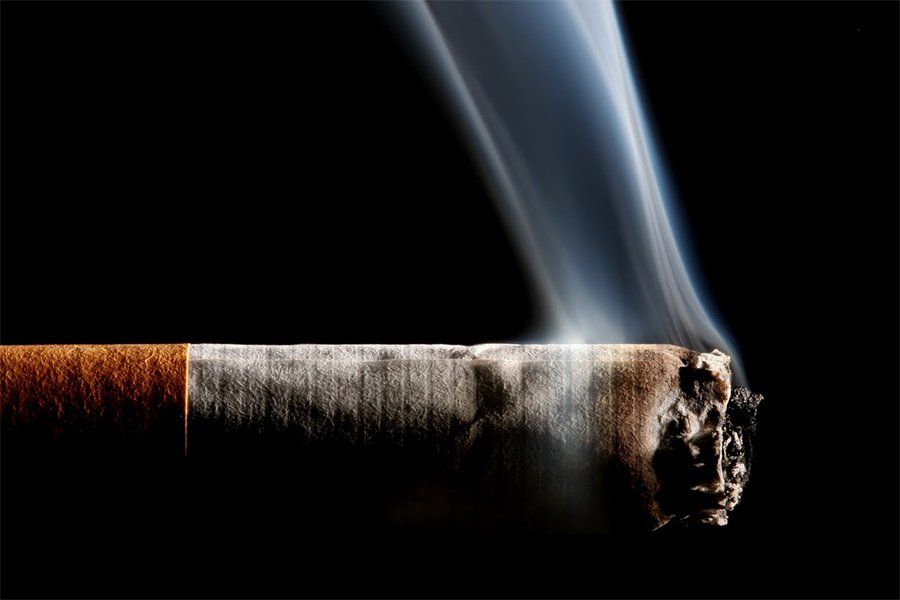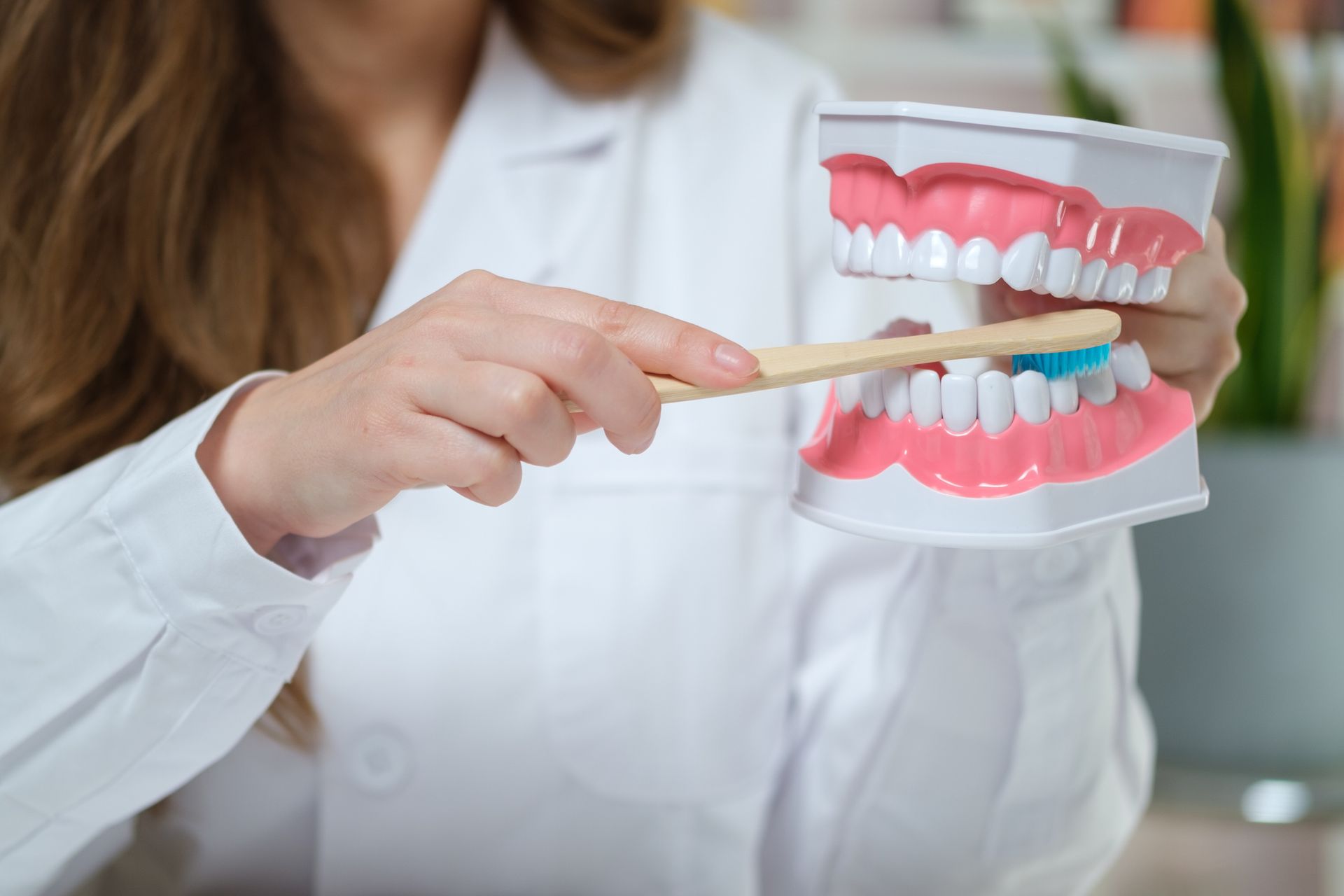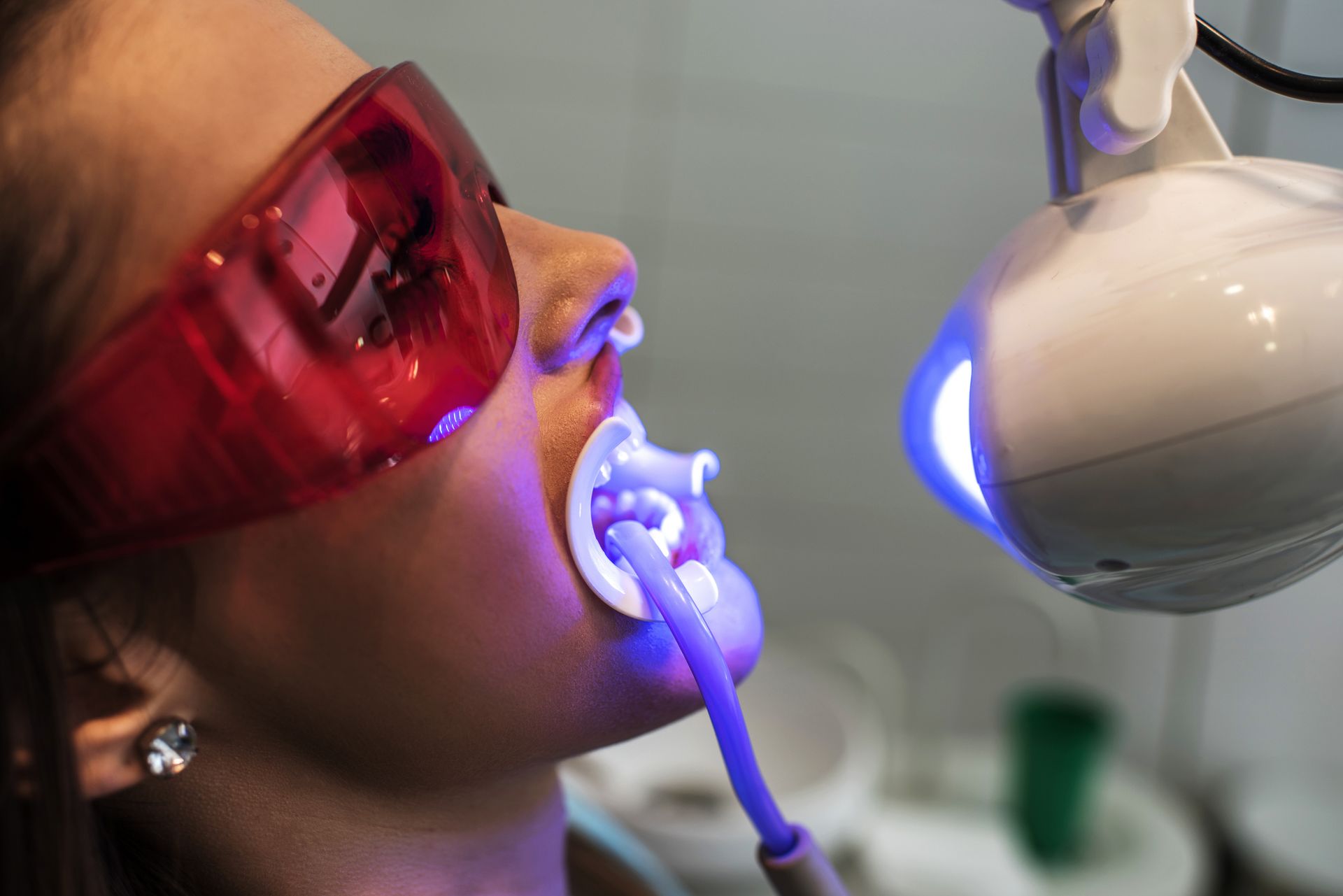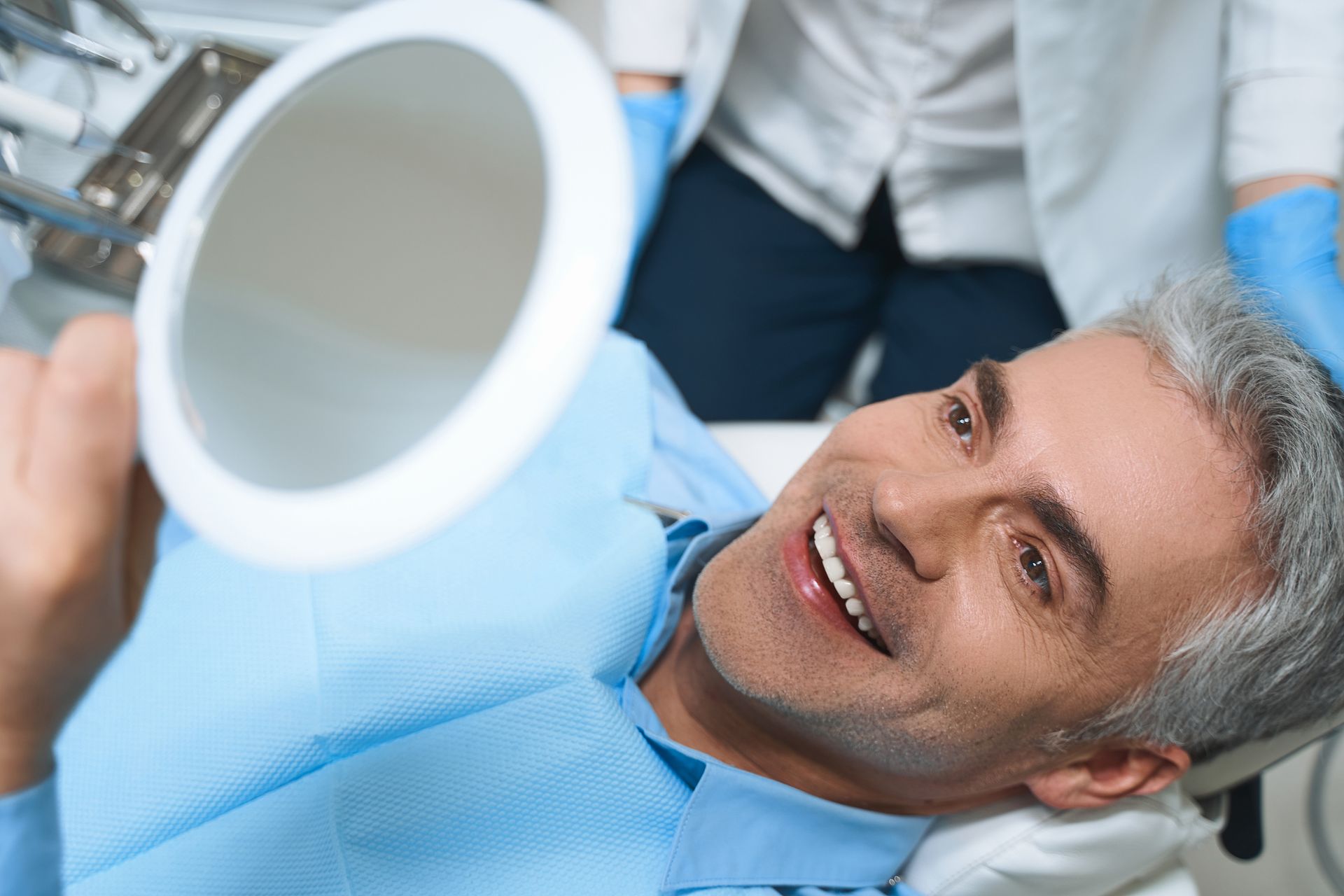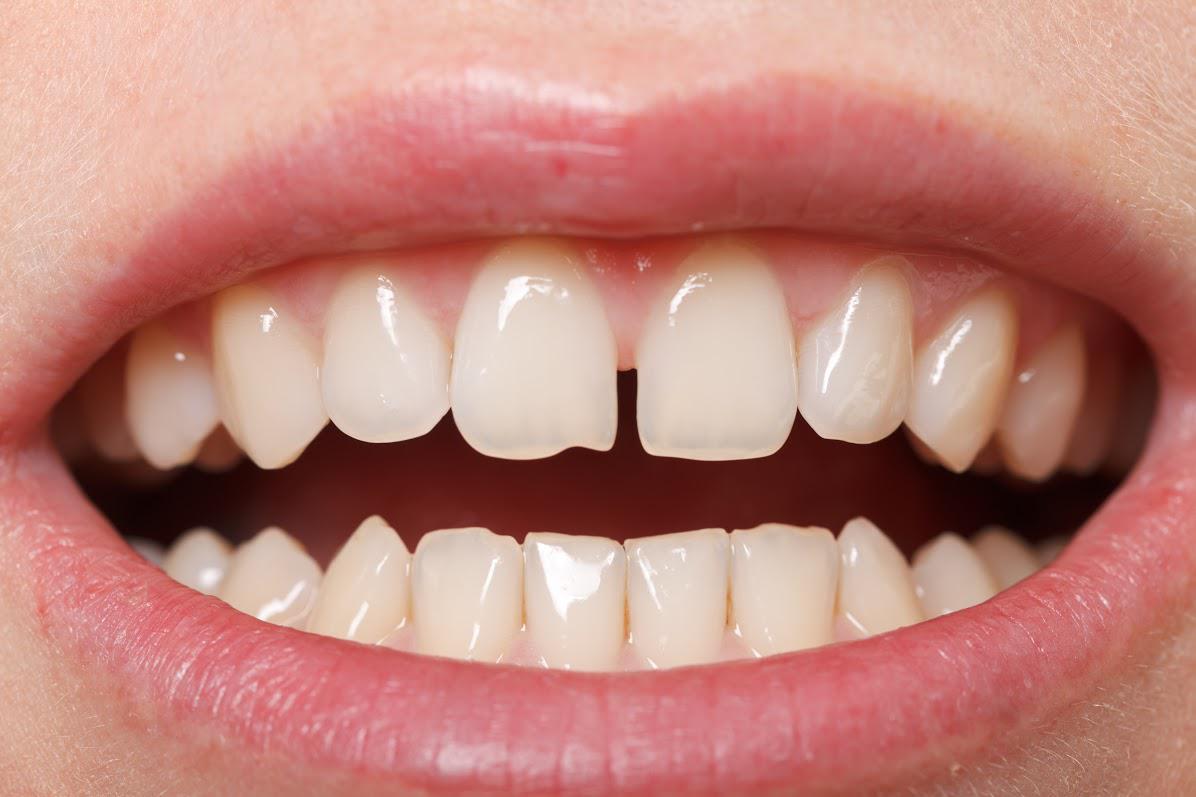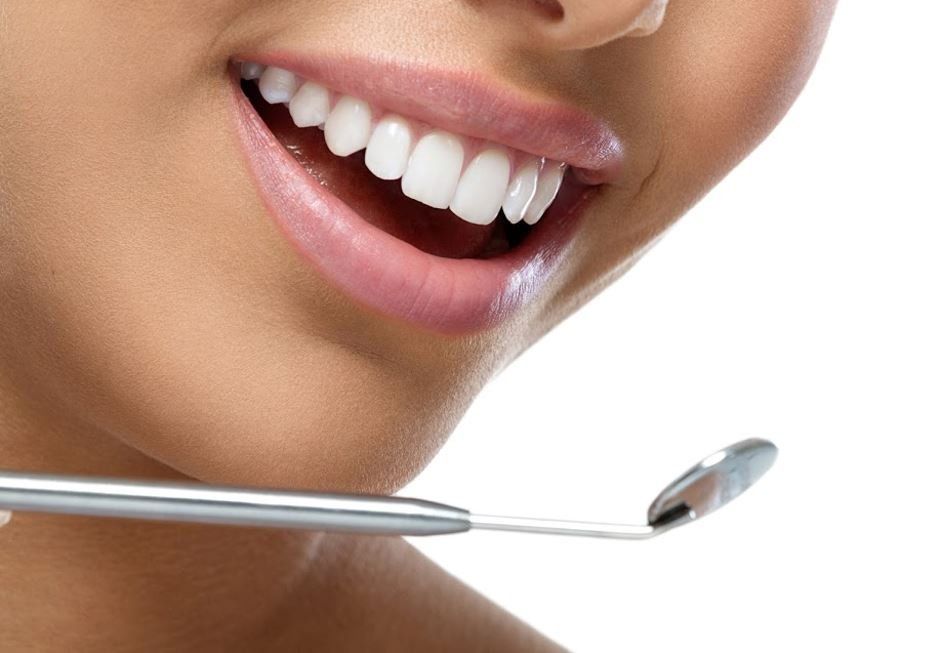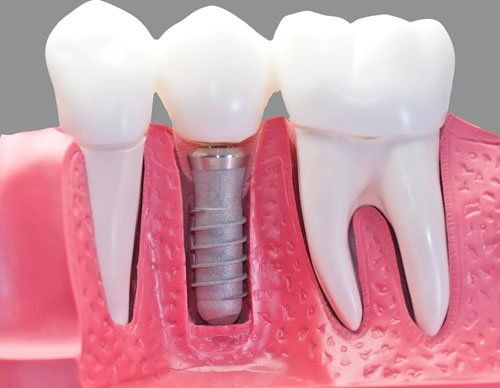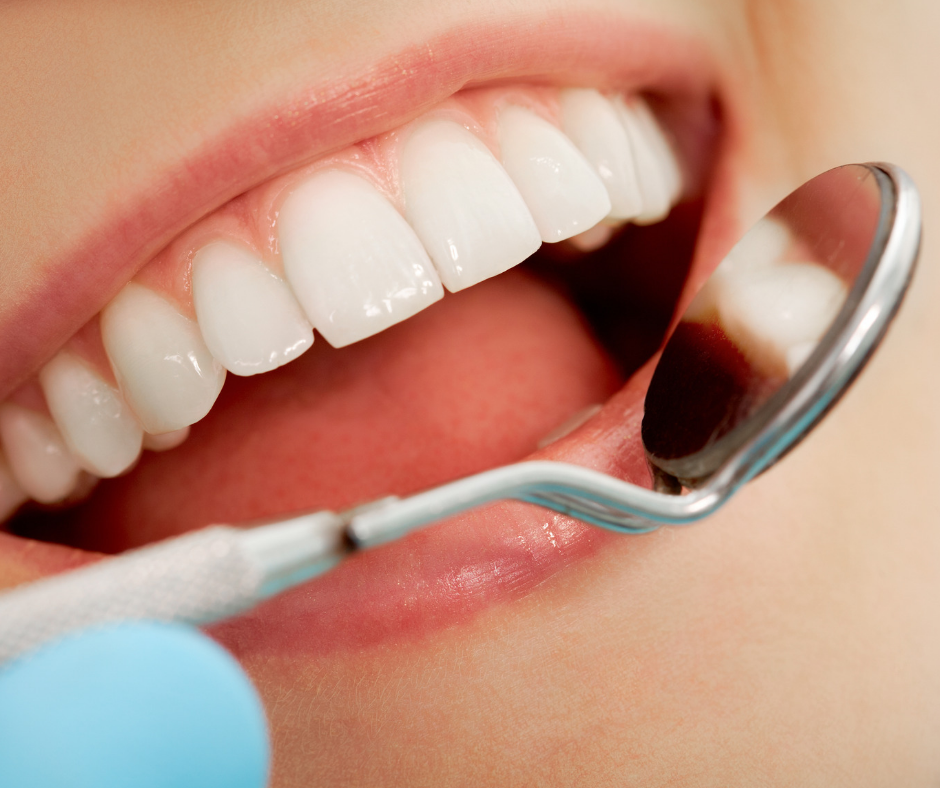How Tobacco Use Harms Your Oral Health
When medical professionals discuss the need to quit smoking with their patients, the emphasis is usually on how bad smoking is for the lungs and heart. Everyone knows smoking is an unhealthy habit, but many tobacco users are not ready to quit yet, or may be in denial about how tobacco affects their health.
Unfortunately, many tobacco users are not fully aware of how tobacco can damage their teeth and gums, as well. If you are a tobacco user, here is what you need to know about its effects on your oral health.
What Is in Tobacco Products?
Smoking cigarettes, cigars, and pipes as well as using smoking tobacco, sometimes referred to as chew or snuff, all adversely affect your teeth. According to the American Lung Association, cigarettes contain about 600 ingredients . When burned, the smoke contains more than 7,000 chemical compounds. At least 69 chemicals are known carcinogens, or cancer-causing agents.
And make no mistake about it — smokeless tobacco is not safer than smoking. Per the University of Rochester Medical Center, smokeless tobacco has more than 3,000 chemicals, 28 that can cause cancer. Smokeless tobacco also contains three to four times as much nicotine as a cigarette does.Here are just a few of the chemicals found in tobacco products:
- Acetone, used in nail polish remover
- Arsenic, used in rat poison
- Butane and hexamine, used in lighter fluid
- Carbon monoxide, which is what car exhaust is
- Naphthalene, used in moth balls
Obviously, these chemical compounds are not good for the human body, and that includes the teeth, gums, and oral cavity.
How Do Tobacco Products Affect Your Teeth and Gums?
In addition to causing bad breath, tobacco product usage can severely damage your oral health.
Tooth Discoloration
Just as nicotine stains a smoker's fingers and coats their home, furnishings, and vehicles if they smoke inside them with a yellow film, nicotine stains your teeth as well. Instead of sparkling white teeth, a tobacco user's teeth are usually dingy and yellowed. Smokeless tobacco users may even have unsightly brown teeth.
Tooth Decay
Many chemicals present in tobacco products break down the enamel in your teeth. When these chemicals attack the protective enamel, the teeth are more vulnerable to decay from food and beverages, the harmful bacteria in your mouth, and from continued tobacco product use.
Gum Disease
Gum disease — gingivitis and periodontitis — occurs when bacteria create a sticky, colorless film called plaque over your teeth, which can then move below your gum line. Gingivitis is the first stage of gum disease, and you may notice inflamed and bleeding gums.
If gingivitis progresses, the bacteria will affect the bones that hold the teeth in place. Dentists call this periodontitis. This causes teeth to shift, become loose, or fall out. If they are badly decayed, the dentist may need to remove them.
Oral CancerSadly, people who use tobacco products are not only at risk of lung cancer or heart disease, but also oral cancers as well. Tobacco products can lead to cancer of the lips, gums, mouth, tongue, and cheeks. Treatment of oral cancers can lead to permanent disfigurement.
How Can Dentists Help Tobacco Product Users?Quitting these addictive products isn't easy. Your dentist can offer smoking and tobacco cessation tools, however. For example, some dentists prescribe drugs such as Chantix or Zyban, which help reduce cravings.
Tobacco product users should visit their dental hygienist and dentist frequently. The hygienist can remove plaque and tartar buildup as well as clean and polish your teeth. Getting your teeth cleaned soon after quitting can help motivate you to stay tobacco-free.
The dentist can assess your overall mouth health, check for any suspicious spots, and monitor for signs of gum disease. If you have loose or missing teeth, the dentist can recommend bridges, dentures, and other cosmetic procedures to improve the appearance of your smile.
Are you concerned how your tobacco product usage may be affecting your teeth and gums? Would you like to discuss tobacco cessation or the cosmetic options available to you? Contact us today to see how we can help support you and restore your smile.
